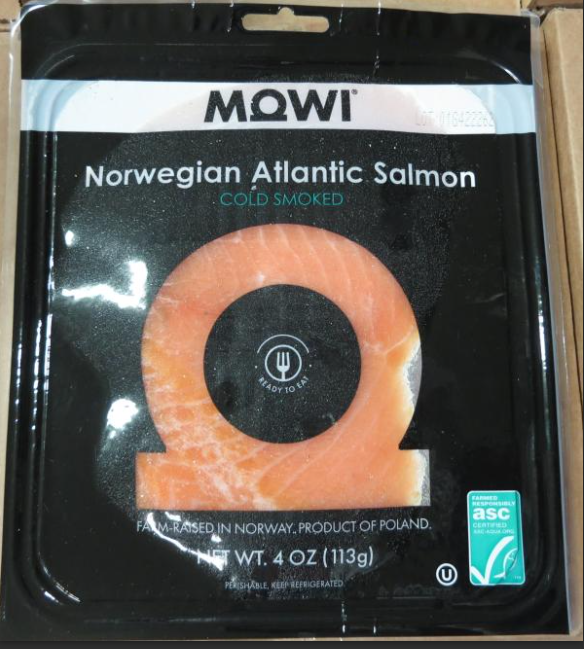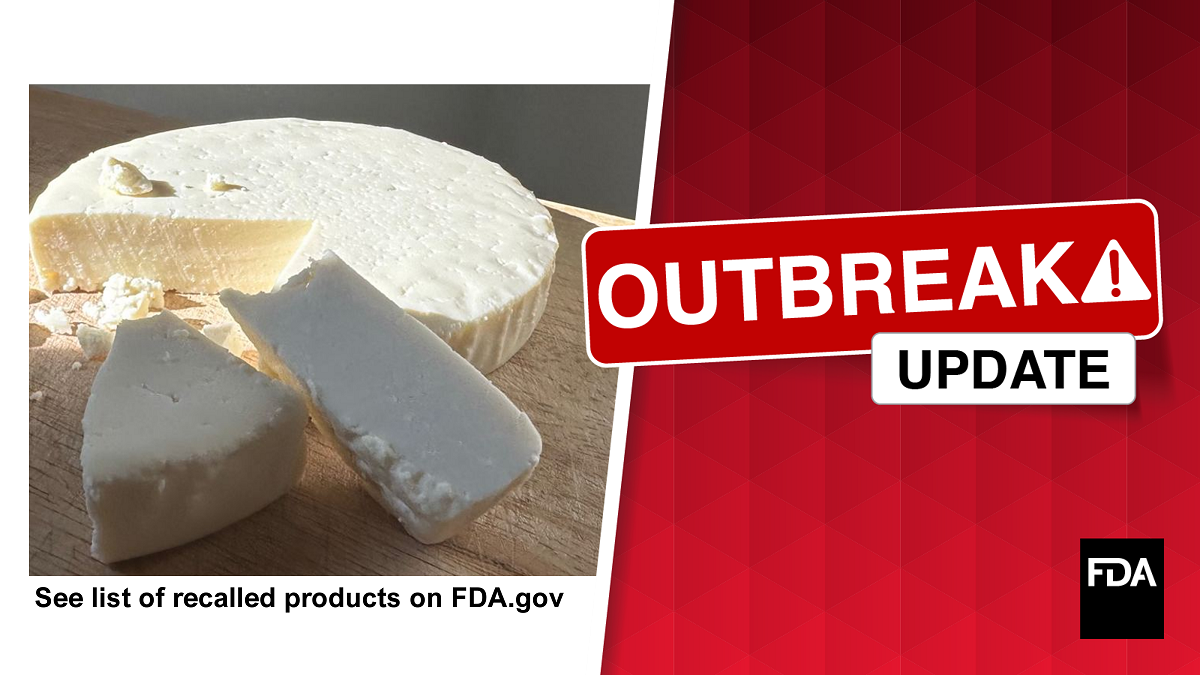Food Safety Magazine reported that the EU, to align with Codex Alimentarius standards, has proposed amendments to its regulations for Listeria monocytogenes in RTE foods. If adopted, the new regulations would go into effect after January 1, 2026. The draft regulations would amend Regulation (EC) No. 2073/2005. At present, the Regulation states that, except for foods intended for infants and special medical purposes, L. monocytogenes cannot be detected in 25 g of RTE foods (that can support pathogen growth over time to exceed 100 cfu/g eventually) before such products leave the production facility. However, Regulation (EC) No. 2073/2005 does not provide that the same criterion applies to these foods once they have left the immediate control of the producing food business operator. The EC is proposing amendments to Annex I of Regulation (EC) No. 2073/2005 to guarantee the same level of public health protection from production to distribution for RTE foods (other than those intended for infants and for special medical purposes) that can support the growth of L. monocytogenes. The proposed amendments would apply the criterion “L. monocytogenes not detected in 25 g” to all situations where covered RTE foods are placed on the market during their shelf-life and for which the producing food business operator has not been able to demonstrate, to the satisfaction of the competent authority, that the level of L. monocytogenes will not exceed the limit of 100 cfu/g throughout the food’s shelf life. @ https://www.food-safety.com/articles/9394-proposed-amendments-would-expand-eu-regulations-on-allowable-levels-of-listeria-in-rte-foods




